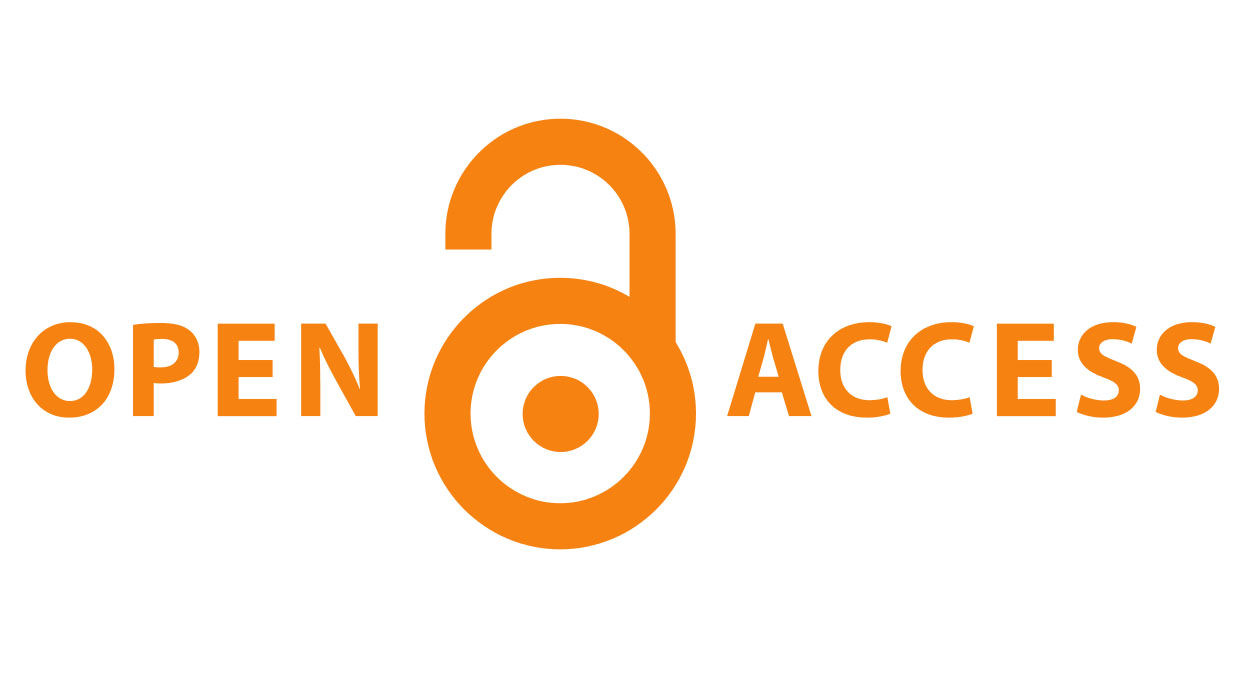
We share the UKRI's ambition for a full transition to open access (OA) which aligns with our mission to expand physics globally and we welcome many elements within the new policy. However, we are disappointed that UKRI has chosen not to prioritise gold OA, which we believe is the best way to achieve full and sustainable OA to the version of record of UK-funded research.
The UKRI rightly recognises the importance of additional funding to achieve full OA and we also welcome the acknowledgement that transitional agreements are an effective way to make full OA available to authors.
Transitional agreements have proven highly effective and the UK is on course to deliver nearly 90% OA coverage in the UK by 2022. Transitional agreements are contracts agreed with libraries or university consortia, in which consortia pay lump-sum fees both to cover subscriptions to paywalled content and to allow authors to publish work openly. The non-profit organisation Jisc, based in Bristol, negotiates with publishers on behalf of UK universities and keeps a list of these agreements.
Gold OA is full OA. It provides immediate access to the version of record that is easily discoverable, connected, shared and reused and can be assured to be accurate and up to date. Widespread immediate deposit of accepted manuscripts, which relies on continued funding from subscription fees, will be harmful to the significant OA progress already made. This approach cannot form the basis for an economically viable publishing model for physics journals seeking to maintain the highest standards of peer review and publication.
We believe strongly that OA publication must be funded adequately and sustainably. Learned society publishers such as IOP Publishing exist to support trust in scientific research and advance scientific discovery through its widest dissemination. Inevitably though, this comes at a cost. Considerable investment is made in the people, processes and systems needed to support editorial development, strong journals and high-quality, timely, rigorous and ethical peer review before an article reaches even the accepted stage. In IOP Publishing's case, that equates to half of our total operating costs. In addition, the creation, maintenance and development of the technology and infrastructure to host, promote and disseminate research requires heavy investment.
We remain fully committed to working with all who share the ambition of achieving full and immediate OA, and we hope that our collective focus will be to seek solutions that safeguard the progress that the UK has already made in achieving OA.






